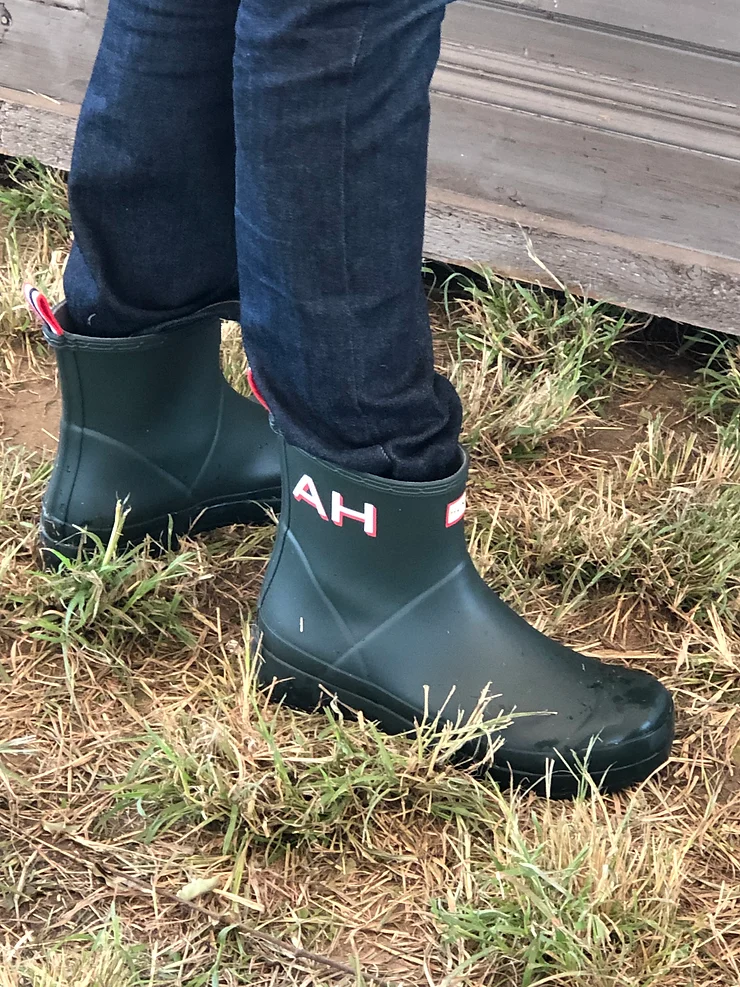April showers can bring more than just flowers: think power outages, extreme temperatures, severe weather and hazardous conditions.
Over 15+ years planning events, we’ve weathered many a storm (even a tornado!) and believe that in these moments of crisis, having an experienced planner managing your event has a significant impact on positive outcomes and mitigating risk.
Outdoor events can be lovely, but with planning an al fresco occasion comes some important details to consider. Here, we’re sharing a few of our tips on making a rain plan for your outdoor event so that pivoting is a cinch.
The Early Bird Gets the Worm
Tent rentals are in high demand and there’s often limited inventory during peak seasons. If you’re planning an outdoor event, reserve a tent early in your planning process, to ensure you have a weather plan in place. Also, reserve tent walls that can be installed and easily dropped down to provide wind or rain coverage during your event. Most rental companies will allow you to reserve inventory with a deposit and around 10 days out from your event, reach a final decision if you want to move forward with the tent rental + fees, or release the order. While it can still be somewhat difficult to predict what the weather will be for your event from 10 days out, this is a critical time to reach a decision about your event layout and if there’s any doubt, go with the tent.
When possible, we also highly recommend setting up your tent early, in the days leading up to your event. This helps ensure ground cover if rain does end up being in the forecast. By covering the ground ahead of time, you will protect your event footprint that is underneath the tent. If you put a tent up after rain and the ground hasn’t had time to dry out, you’ll be left with muddy, soggy ground underneath that won’t receive sun exposure to recover. When considering venues, ask the venue manager about the possibility of setting up your tent one to three days out from your event and keep in mind that additional fees may apply. This will also extend the rental of your tent, so be sure to reflect these dates on your order for installation and take down. Also inquire about what back-up locations may be available at the venue, should you need to move your event indoors. Often, venue managers can hold indoor event spaces to be reserved for your event date, in case you need to relocate your gathering.
Risk and Reward
Planning outdoor events comes with a high level of responsibility to ensure guest and vendor safety. Risk assessment plans help work through potential scenarios and identify solutions in advance of the event, with a goal to eliminate, or at minimum mitigate, risk.
Don’t be in denial about the potential of it raining on your parade. Work through weather plans ahead of time and identify alternative locations, set ups, and any additional materials that may be needed if you do have to shift your event. Make sure you know what rental items can remain outside and what materials may need to be relocated to avoid damage fees.
It’s best practice to have contingencies in place for a variety of potential incidents and to work with a team to have defined plans of action outlined. By going through these exercises ahead of time, you will be better prepared to quickly respond if inclement weather does present issues for your event.
Communication is Key
One of the quickest ways to be able to pivot during unexpected weather is to have a clear channel of communication set up with your event attendees that you can use to deploy messages to guests and vendors. In the event of weather, you will want to be able to quickly distribute information to contacts and you don’t want to get caught spending time fielding individual questions, as you likely won’t have the capacity. Segment your lists by event attendees, vendors, etc. so you can easily assess which audience is appropriate for which message and provide timely correspondence to your contacts.
Be sure to communicate with event attendees what the policies are for weather-related incidents. Is the event rain or shine? Are there refunds issued if the event is canceled? Having clearly defined terms and instructions for your guests will help eliminate the volume of questions that will flood in (pun intended) if you have a weather-related incident that impacts your event.
Be Prepared
You can’t predict unexpected weather, but you can plan for it. If you’re hosting an outdoor event, be prepared with items on-hand that may be needed if inclement weather is present. Items on your checklist could include:
- Extra umbrellas
- Rain coats and boots
- Portable generators
- Pre-charged power banks
- Sunscreen
- Pashminas
- Tarps
- Flashlights and lamps
- Always have extra water on standby and a first aid kit accessible
Building a kit ahead of time will save you from scrambling to source items last-minute and aid you in speeding up response times, if unexpected weather does arise while your event is taking place. Whether it’s keeping guests dry while they’re walking from the valet to the building, or providing pathway lighting to help direct guests to an alternative location, these materials will come to the rescue when you’re forced to make adjustments on site.
We all know that weather can be unpredictable: this list is certainly not exhaustive and there’s more that can be done to ensure comfortability and safety, but we hope this is a helpful starting point as you consider how to be better prepared and the first steps to take if you are forced to make a pivot. As always, we’re here to help in good weather and bad!


